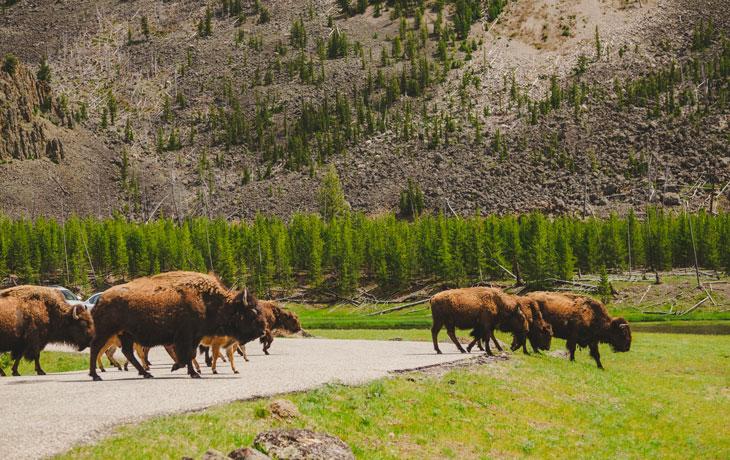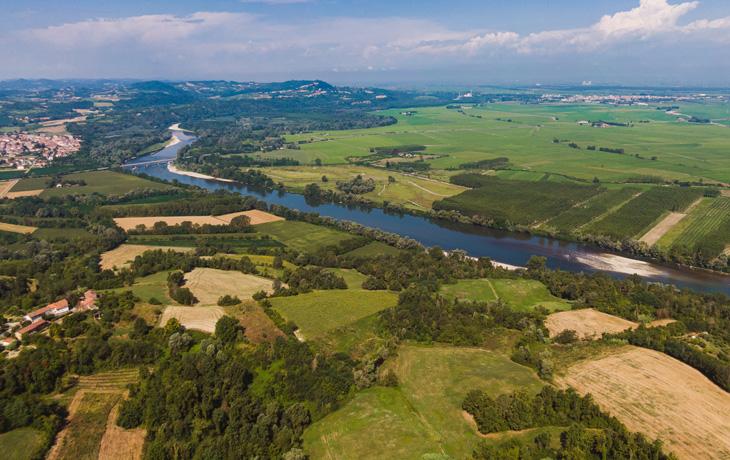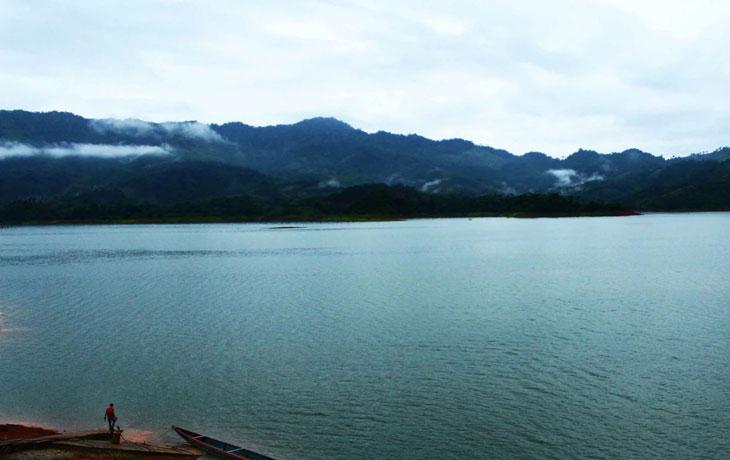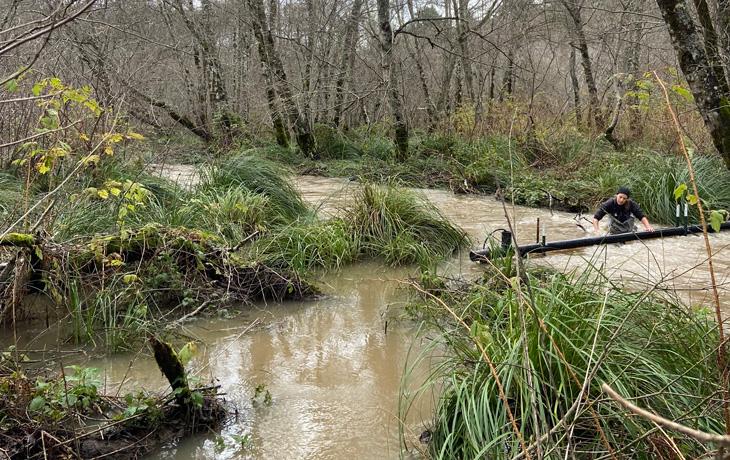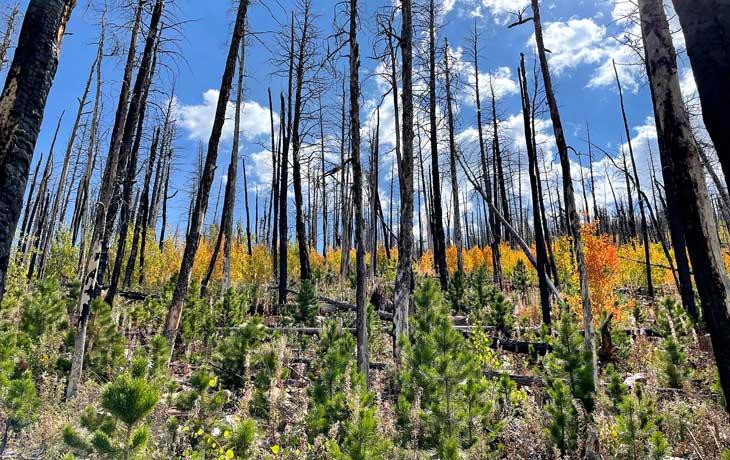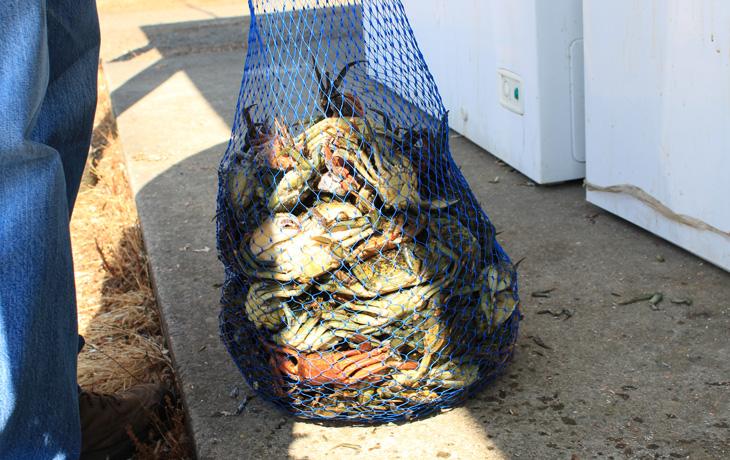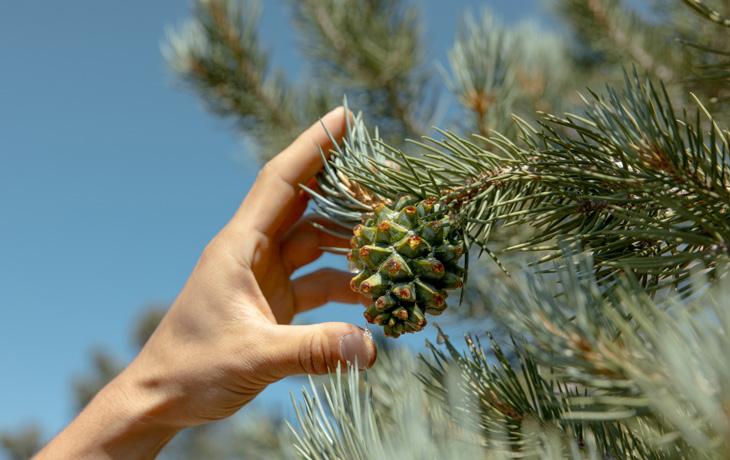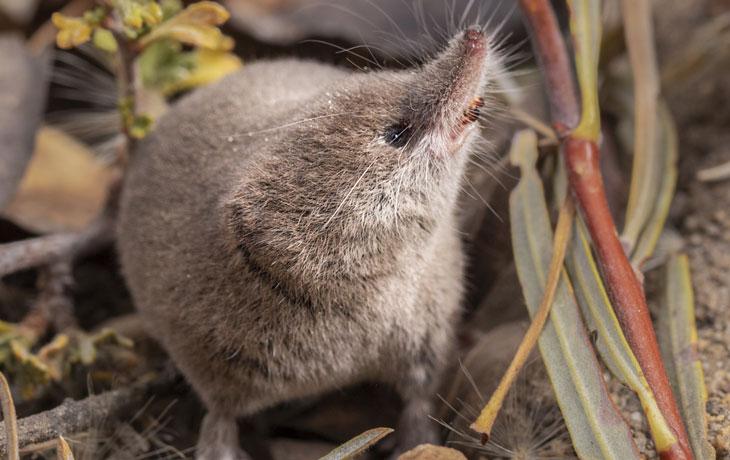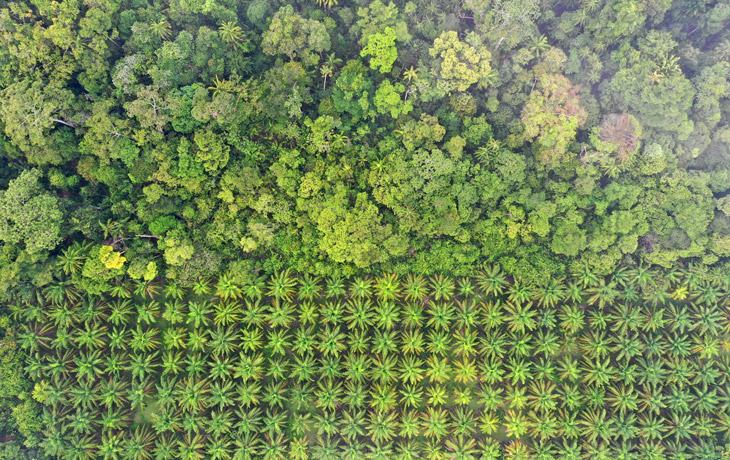Research
Assessing the private sector's role in reef restoration
A recent study by Assistant Professor Rachel Carlson explores whether Hawaiian businesses are willing to pay to protect coral ecosystems.
Linking landscape conservation and wildlife viewing in protected areas
A new study from the Stone Center researchers and collaborators finds that national park visitors would donate to support conservation efforts.
New insights about birds in San Francisco’s community gardens
ESPM assistant professor Alejandra Echeverri co-authored a recent study that explored trends in bird sightings at community gardens in low- and high-income neighborhoods.
Irrigation boosts groundwater resilience in northern Italy
Despite a decline in the groundwater stores of northern Italy’s Po Plain, a new study led by ESPM researchers found that irrigation practices make aquifers more resilient to drought.
Report details the widespread impacts of dust on California
ESPM professor Paolo D’Odorico and postdoctoral scientist Tobia Rinaldo co-authored a new report that shows that dust emissions in California are now greater than at any other period in history.
LA’s communities of color bear a disproportionate burden of air pollution
A recent study led by ESPM researchers found that disadvantaged communities in Los Angeles experience significantly higher concentrations and emissions of hazardous air pollutants than non-disadvantaged communities.
How ecosystems contribute to Colombia’s energy and water sectors
A new study demonstrates how natural capital accounting approaches can be used to value the economic benefits of ecosystems in Colombia’s Upper Sinú Basin.
A single dry winter decimated CA's salmon and trout populations
A new study led by Professor Stephanie Carlson found that severely dry conditions during the winter of 2013-2014 helped wipe out the salmonid populations of individual tributaries and even entire watersheds.
Can “sustaining innovation” deliver sustainability?
Professor Dara O’Rourke explores Amazon’s decarbonization efforts in a new case study published in the California Management Review.
Does ‘psychic numbing’ impact conservation fundraising?
A new study examines whether learning about one of UC Berkeley’s celebrity falcons motivates the public to support conservation efforts.
Water system consolidations improve water quality, infrastructure
Kristin Dobbin, a Cooperative Extension professor in ESPM, led the first-of-its-kind survey of water systems across California.
How urbanization shapes coyote behavior and connectivity in Los Angeles
Wealth, pollution, and population density are strong predictors of how coyotes move around Los Angeles, according to a new study led by UC Berkeley researchers.
Diversity in Coho Salmon Could Be Key to Species Survival
Experts from UC Berkeley and California Sea Grant have uncovered a new link between species diversity and resilience in coho salmon.
Climate change outpaces forest change in the Western interior
A study co-authored by ESPM professor Miranda Redmond found that forests are not regenerating fast enough to keep pace with climate change, wildfire, insects, and disease
Balancing action and acceptance amidst rapid environmental change
A new study led by ESPM graduate student Abby Keller may help ecosystem managers and decision-makers determine when it is best to accept rapid, irreversible ecological changes.
Coordinating interests is key to achieving clean energy goals
A government is far likelier to achieve clean energy goals when its policies resolve conflicting interests between different stakeholders, according to new research led by ESPM professor Jonas Meckling.
Community and forest health intertwine in pinyon-juniper woodlands
Professor Miranda Redmond and researchers in her lab are collaborating with Stanford University, tribal nations, and California government agencies on an interdisciplinary project aimed at improving the resilience of pinyon-juniper woodlands.
California’s most elusive mammal photographed for the first time
A team led by alum Vishal Subramanyan, released the first images of the Mount Lyell shrew more than 100 years after it was discovered.
Mapping Earth’s plant life to help combat climate change
Stephanie Pau, a professor of Environmental Science, Policy, and Management and Geography, explains the science behind biogeography in 101 seconds.
Logged tropical forests are still valuable for biodiversity
A new Science study of tropical forests in Borneo could better inform whether areas should be protected or restored after logging.



